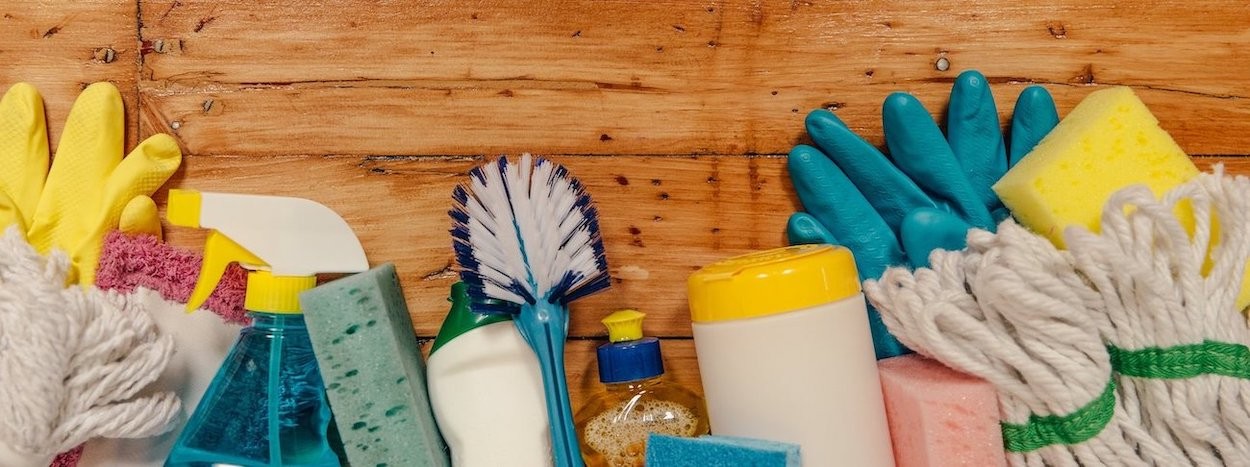
Due to COVID-19, there has been a significant increase in the number of people using wipes and other cleaning products to disinfect their surroundings, then throwing them in the toilet leading to clogs in sewer and septic systems throughout the nation.
The problem? Flushing products other than toilet paper can cause our sewers, wastewater treatment plants, and septic systems to fail. These failures can result in discharges of raw and partially treated sewage into our coastal watersheds polluting local waterways and putting public health at risk at the beach. Raw sewage also carries pathogens and other dangerous contaminants that can make people and animals sick.
Non-flushable products, including wipes, do not break down in the sewer and septic systems and can clog pipes and pumps. These masses created in sewer pipes can cause overflows, backups, and equipment failures increasing public and worker health risks, environmental degradation, and costly repairs to equipment that fall on the ratepayers and homeowners. The same goes for homes that rely on septic systems to handle household wastewater. Many of these non-flushable products also contain plastic fibers that can break down into microplastics and ultimately end up in the environment since sanitation facilities and septic systems cannot remove them. This problem is getting so bad that the Environmental Protection Agency (EPA) announced a news release in late March reinforcing the importance of only flushing toilet paper down the toilet.
Preventing sewer and septic spills is critically important to protecting our local waterways and beaches, and public health. Here are a few things you can do to help out:
- ONLY FLUSH TOILET PAPER DOWN THE TOILET! Discard everything else, including wipes, in the trash to avoid toilet backups and overflow.
- If you have a septic tank make sure you are having it inspected and pumped regularly every 3 years, depending on use.
- Avoid the use of cleaners with petroleum additives or fillers, and try not to use excessive amounts of cleaning products.
- Do not use commercial septic tank additives. They are not necessary, and septic system professionals warn they can “cause more harm than good”.
- Don’t waste water. Limiting the amount of water that goes down the drain, supports properly functioning sewers and septics.
- Make your home ocean-friendly! Get ideas to clean your home without using wipes.
